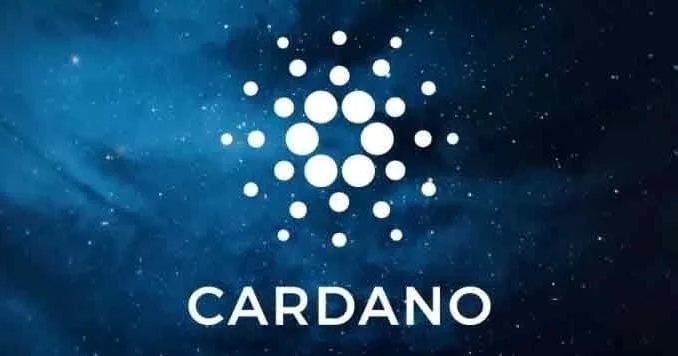The blockchain engineering group behind the Cardano network, Input Output Hong Kong (IOHK), has published some “disappointing news,” citing a one-month delay to the long-awaited Vasil upgrade.

According to Cardano co-founder Charles Hoskinson, the Vasil upgrade would give a “huge performance gain to Cardano” and its smart contract capabilities. It was originally scheduled to close on June 29, but the most recent estimate puts it in the last week of July.
The core Input-Output Global (IOG) team working on the upgrade is “very close to concluding the fundamental work,” according to IOHK’s head of delivery and project Nigel Hemsley in a June 20 blog post, but there are still seven faults that need to be fixed. He went on to say that none of them are “serious.”
“From numerous perspectives, the work on Vasil has been the most demanding program of development and integration to yet. Hemsley wrote, “It’s a difficult process that necessitates not only tremendous labor from core teams but also close coordination across the ecosystem.”
As a result, the Cardano Foundation — the non-profit that manages Cardano’s development — and the IOG team have decided to postpone the Vasil hard fork to the Cardano testnet until June 29.
Developers of Cardanao-based decentralized apps (dApps) and stake pool operators SPOs will have about four weeks after the testnet is hard forked “to carry out any required integration and testing work” before the Vasil hard fork is implemented on the mainnet in late July:
“This is only reasonable and should not be rushed. The working assumption should therefore now be a Cardano mainnet hard fork occurring during the last week of July.”
“We understand that some people may be disappointed by this news. “However, we are exercising extreme caution to ensure that this deployment is carried out effectively,” Hemsley added.
The Vasil hard fork
The Vasil hard fork is Cardano’s most significant improvement since the Alonzo hardfork in September, which enabled smart contracts on the network for the first time. The “CIP31, CIP32, CIP33, and CIP40” network improvements will be included in this current release.
In theory, these modifications are intended to reduce transaction sizes, hence enhancing network throughput and lowering network transaction fees.
Cardano is a proof-of-stake blockchain technology that aims to compete with Ethereum as a low-fee smart contract network. With a market cap of roughly $16 billion, it is now placed seventh among all crypto assets.

